
After ten years of merging and administrative-boundary expansion, Hanoi has changed dramatically in its economic growth, appearance and infrastructure. A new Hanoi, with open spaces, has created conditions for the city to plan space in the direction of sustainable development.
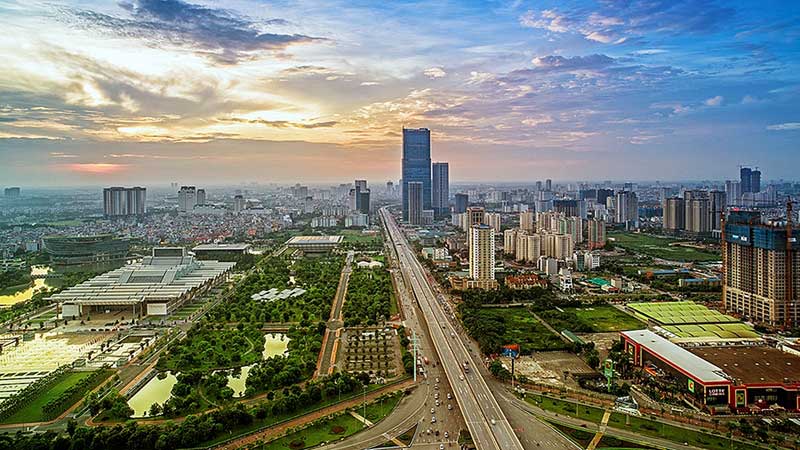
Over the past ten
years, the city has mobilised all of its resources to carry out planning and
investment in building technical infrastructure in order to expand the urban
space and create a flourishing appearance for the city, towards making Hanoi a
great capital city in the region and the world.
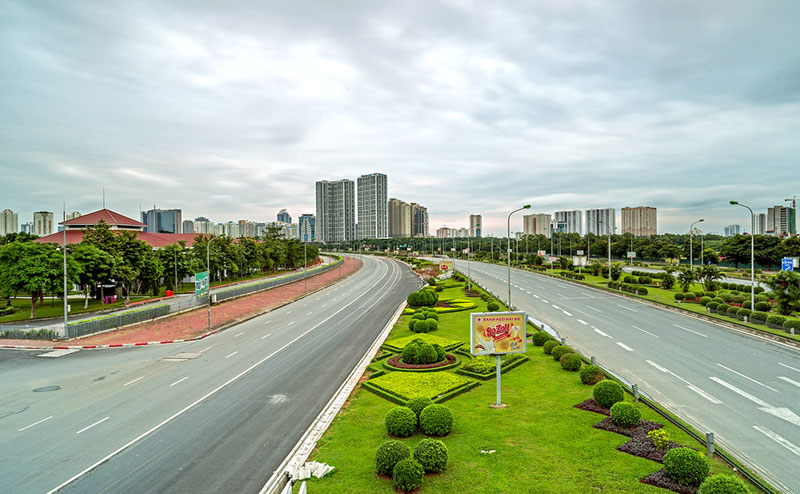
Many important
transport infrastructures have been invested in such as Lang - Hoa Lac Highway,
National Road 32, and Ring Road 3.
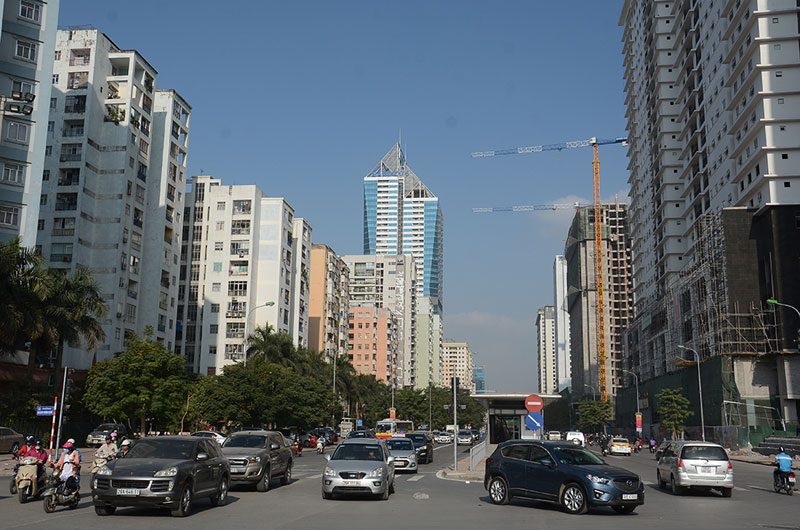
Le Van Luong Route,
one of the important transport roads connecting the western region with the
centre of Hanoi.
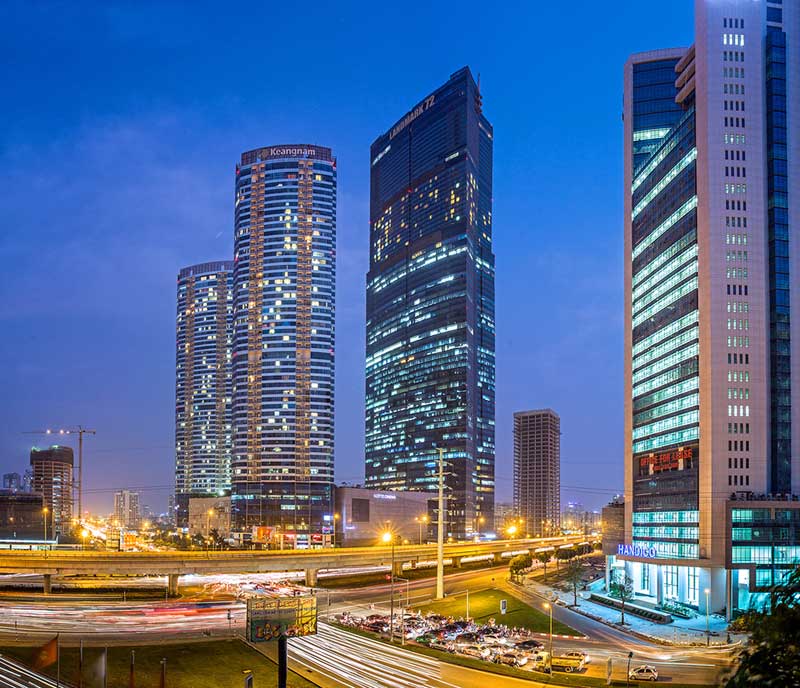
Urban space has been
expanded in many directions, with the construction of modern, synchronous and
complete social and technical infrastructures, such as Van Quan, My Dinh, Mo
Lao and An Khanh in western city.
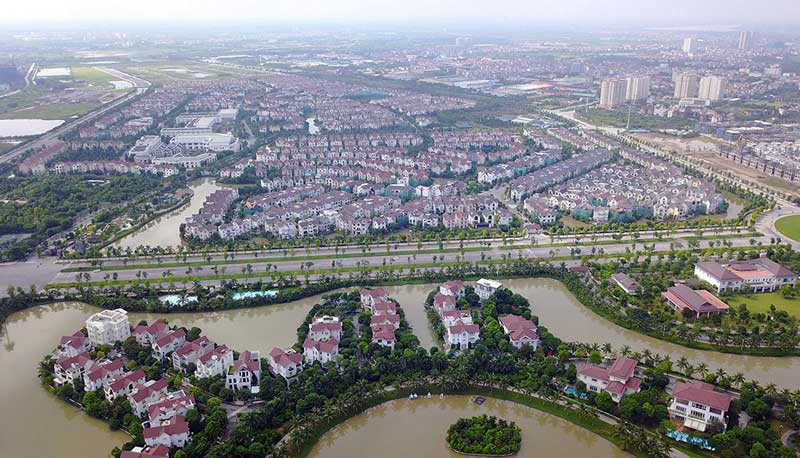
The Viet Hung and
Vinhome Riverside urban areas in the eastern part of the city, and Linh Dam,
Gamuda in the southern part of the city.
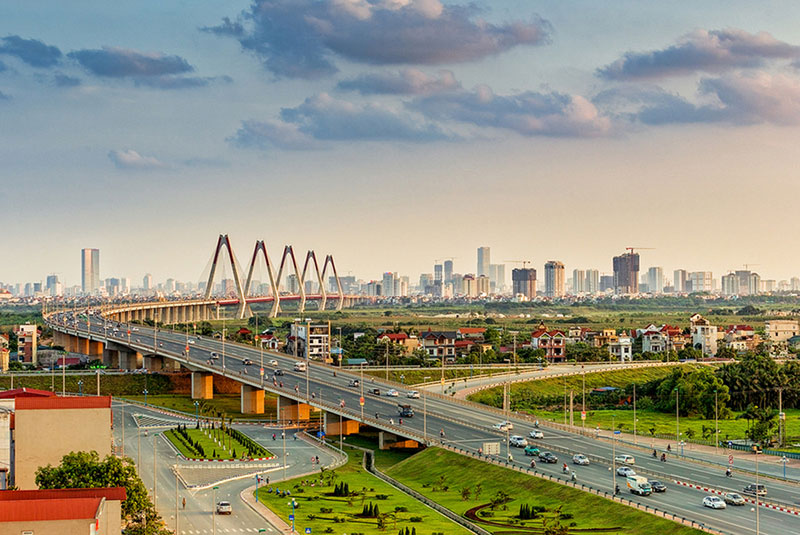
A series of new
bridges are being built to connect suburban areas such as Nhat Tan Bridge,
Thanh Tri Bridge, and Vinh Tuy Bridge.
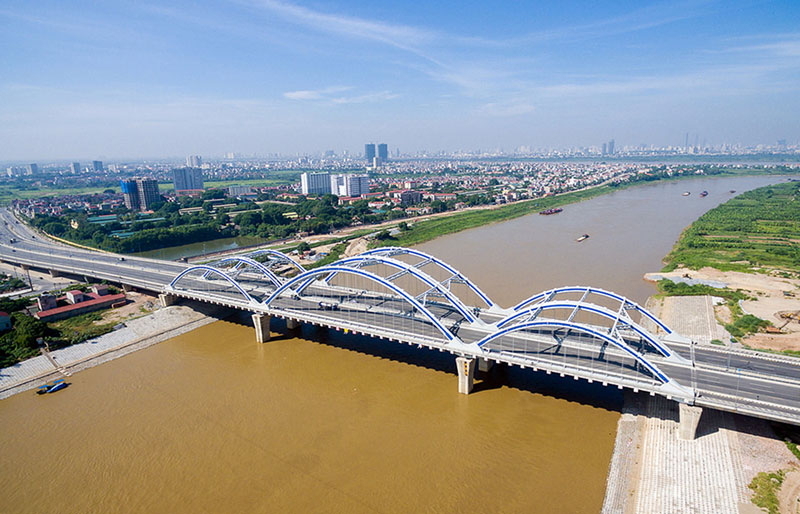
Dong Tru Bridge,
crossing the Duong River brings a new appearance, connecting technical
infrastructure, and boosting economic development.
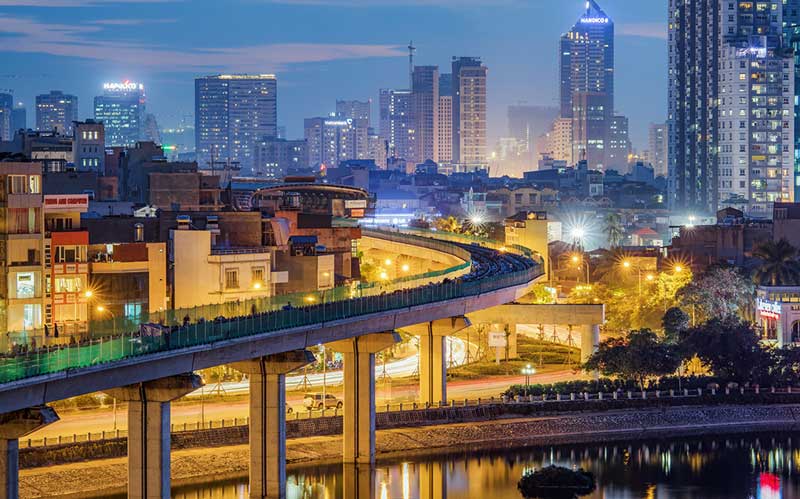
Cat Linh - Ha Dong
urban railway is gradually completed.
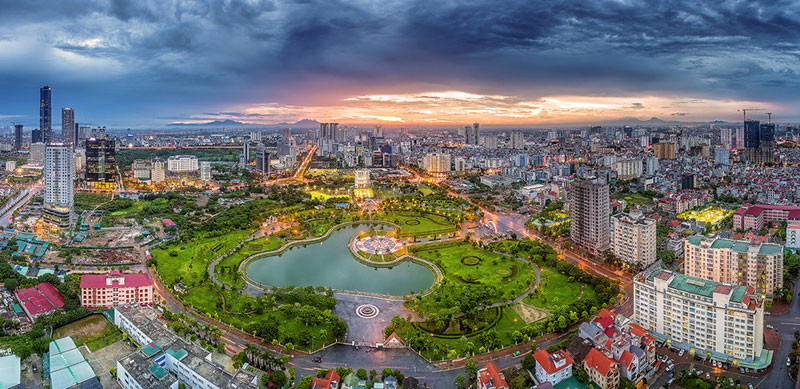
Hoa Binh (Peace) Park
was built to create a "green lung" for the city.
Source: NDO
Nestled halfway up the mountains in Cao Son commune, Da Bac district, Sung village appears like a picture preserved intact through generations. With a history of over 300 years, the village is home to nearly 100 households of Dao Tien ethnic group – the people who still maintain their distinctive characteristics in housing architecture, clothing, customs and traditional crafts. The village is drawing increasing interest and exploration from both domestic and international tourists, as every visit becomes a cultural journey to experience the authenticity, friendliness, and hospitality of this highland region.
This Spring, more than 1,000 phoenix trees in Thang Hamlet, Thach Yen Commune (Cao Phong) have bloomed brilliantly, quickly spreading on social media. The picturesque beauty of the flower garden has attracted the participation of many people to admire and take photos.
This belief is both a guiding principle and a lifelong ambition for Sa Van Cam, a member of the Tay ethnic group in Da Bac district and a passionate advocate for the Tay culture. The native has devoted years to the revival, preservation, and teaching of the ancient Tay script.
Located just 25 km from Hoa Binh city and approximately 100km from Hanoi, with a journey of around 1 hour 45 minutes, Ngoi Hoa ecotourism site (PriorBay Resort) in Suoi Hoa commune, Tan Lac district, is a stunning peninsula retreat, and a standout destination within the Hoa Binh Reservoir tourism area. Officially opening in February this year, the resort captivates visitors with its distinctive vacation products and a range of exciting adventure experiences.
Over 1,500 women paraded in traditional ao dai (long dress) at Hoa Binh Square on March 5 to mark Ao Dai Week 2025 launched by the Vietnam Women's Union. Organised by the provincial Women’s Union in collaboration with the city’s chapter, the annual event features lively folk dance performances and a colorful parade that celebrated the beauty of Vietnam’s traditional dress and its rich cultural heritage.
With skillful and meticulous craftsmanship, H’Mong women in Pa Co Commune, Mai Chau district carefully carry out dozens of manual steps to weave skirts, bags, scarves… with vibrant colors. They continue to preserve the traditional brocade weaving, transforming these products into tourism goods while also promoting the H’Mong people's unique cultural beauty.











